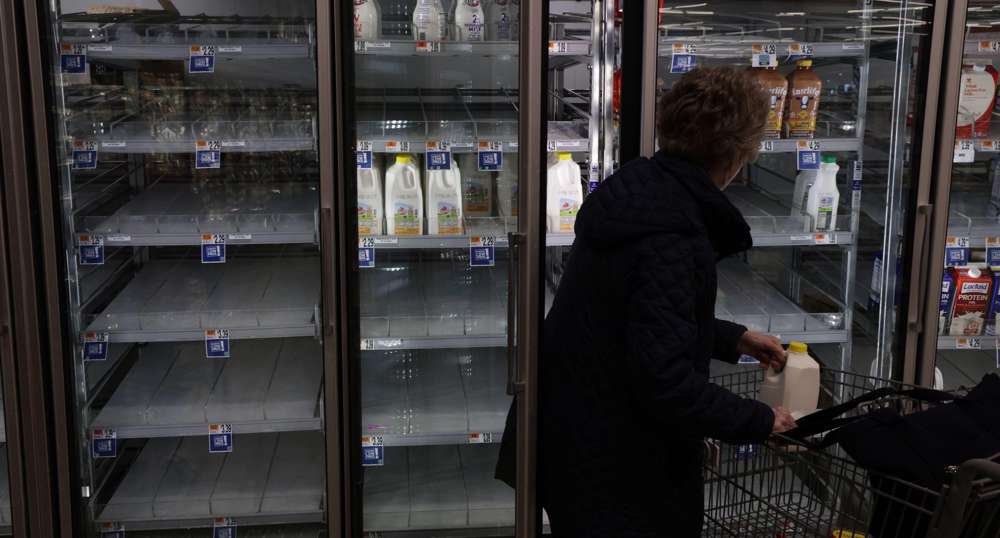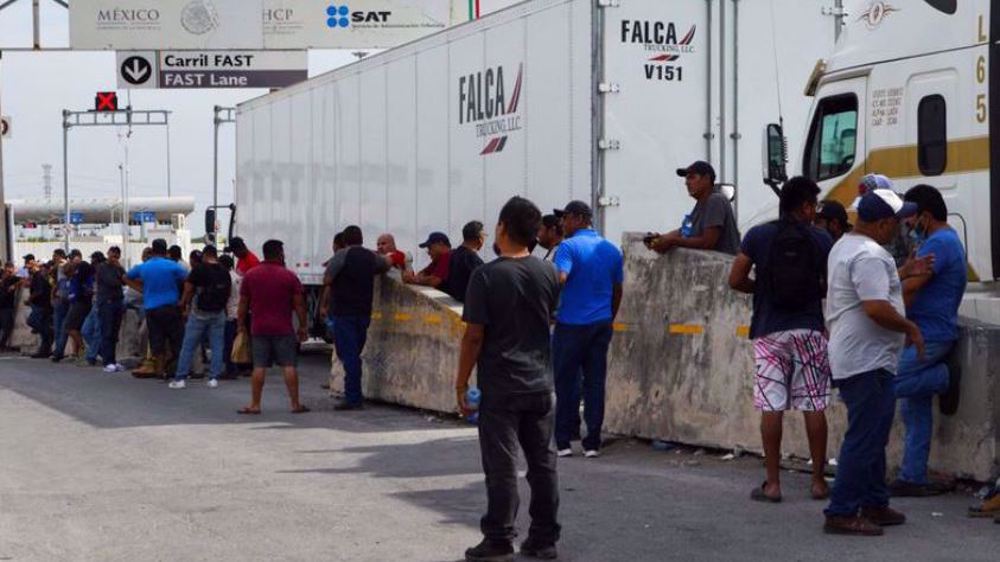Hunger crisis prompting Americans to move to less expensive cities
Food insecurity amid the rapid soaring in produce and housing prices in the United States has become a major issue for many Americans.
CNN reported that not only the US citizens but also the food banks responsible for feeding impoverished Americans were being affected by the food shortage.
"We are in danger of running out of food," Vince Hall, Feeding America's chief government relations officer, was quoted by CNN as saying.
Earlier reports had indicated that US consumer price inflation had hit a new 40-year high in March, pushing up food and gas prices.
According to US government data cited Thursday by CNN, meat had increased almost 15 percent, milk 13.3 percent, eggs 11.2 percent, fresh fruits 10 percent, rice 8.6 percent and bread 7.1 percent.
By the end of March, according to the US Bureau of Labor Statistics, “food at home” prices were 10 percent higher than a year prior, the largest such increase since 1981.
Read more:
High inflation ‘devastating’ to everyday Americans, expert says
US experiences highest inflation rate in four decades
US prices hit 40-year high due to Ukraine crisis
Hall warned that America was currently up against a major food crisis. "We are doing everything we can to avert a major hunger crisis."
Americans moving to smaller cities
The increased economic hardships of living in big cities have prompted many Americans to move to smaller cities where cost of living, housing in particular, is less.
According to data from moving and storage company Pods cited by The Hill, Americans are moving from big cities like Chicago, Los Angeles, and Washington DC to southeastern states like Florida, North Carolina, South Carolina, Tennessee, and Georgia where home prices have historically been lower. The company reported six Florida cities on the company’s list of top 20 cities moved to in 2021.
However, Florida officials are already complaining of food shortages in the Sunshine State. “I said to the crew in the warehouse, ‘Is this real? Is this how empty the shelves really are?’” Justine Burke, the vice president of marketing at Metropolitan Ministries, was quoted as saying by the Tampa Bay Times on Friday.
Burke, who was in late April visiting a warehouse where the Tampa-based charity stores food for hundreds of thousands of meals it distributes, said she couldn’t believe how empty it was. The scene at the warehouse was a symptom of the high-and-still-rising cost of foodstuff.
She said requests from people for food, housing, rent and utility assistance had gone up by 500 percent since last autumn.
In this regard, Thomas Mantz, the president and CEO of Feeding Tampa Bay, said the organization estimates there are as many as 1 million food insecure residents in their region.
It’s not just foodstuff prices pushing people into food insecurity, the food banks noted. The rising cost of gasoline in March is another factor. However, when families are forced to choose what expenses to cut, cutting aid to food banks often comes first.
Sean Snaith, director of the University of Central Florida’s Institute for Economic Forecasting, attributed the current food crisis in the United States to the rise of gas prices, exacerbated by the problems in supply chain.
Snaith said the US had not yet recovered from the issues brought about by the COVID pandemic. That’s on top of the kinds of crises that make food markets generally volatile, like drought (like those across the Americas of late) and war (like the one in Ukraine), he noted.
Israel admits assassinating Hamas leader, vows to inflict same fate on Yemeni fighters, people
VIDEO | Yemeni forces repel US-British attack, down F-18 Jet
Iran’s capabilities vast; enemy’s ‘maximum pressure’ policies all failed miserably: Senior official
Iran’s economy grew 2.7% y/y in Sep quarter: CBI
VIDEO | Freelancers in Gaza strive to stay online amid genocide
Mikati demands Israel's withdrawal from south Lebanon
Yemeni army strikes Israeli military sites with drones
‘Clock ticking’: UNRWA slams unjustifiable killing of children in Gaza













 This makes it easy to access the Press TV website
This makes it easy to access the Press TV website